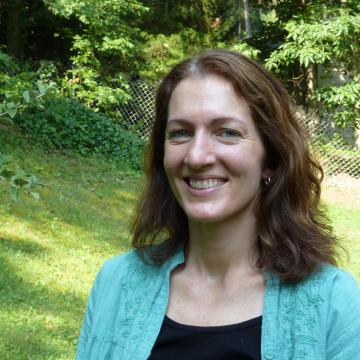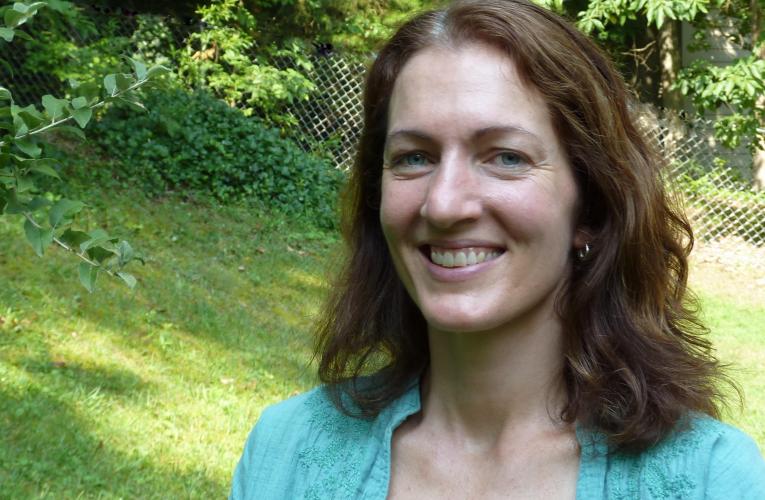Research in our lab centers on environmental and evolutionary genomics, primarily in bacteria. Broadly, our group explores mechanisms shaping genetic and functional variation in microbes that play important roles in the natural environment. Much of our work integrates evolutionary, population genetic, computational, and molecular approaches to clarify how bacterial genomes change over time. Among these studies, we are exploring how ecological interactions – such as symbiosis - influence genome content and architecture of the species involved. Conversely, we also explore how genomic alterations can impact microbial functions and interactions. As models to link genomics and environmental biology, we largely focus on mutualistic microbes, including bacteria that supply essential nutrients to invertebrate hosts.
School Division
Environmental Natural SciencesEducation
- Ph.D., Yale University (1998)
Websites
Recent Grants
- Genetic and Genomics Training Grant awarded by National Institutes of Health
- Genetic and Genomics Training Grant awarded by National Institutes of Health
- Genetic and Genomics Training Grant awarded by National Institutes of Health
- Collaborative Research: Camponotine Ants and their Little Helpers: Phylogenomics of a Hyperdiverse Insect Clade and its Bacterial Endosymbionts (CAnBE) awarded by National Science Foundation
- Summer Scholars Program in Genome Sciences and Medicine awarded by National Institutes of Health
Recent Publications
- BMC genomics 20, no. 1 ( ): 472
- Current opinion in genetics & development 47, ( ): 83 - 90
- Experimental cell research 358, no. 2 ( ): 427 - 432
- BMC microbiology 16, no. 1 ( ): 140
- Annals of the New York Academy of Sciences 1360, ( ): 16 - 35


